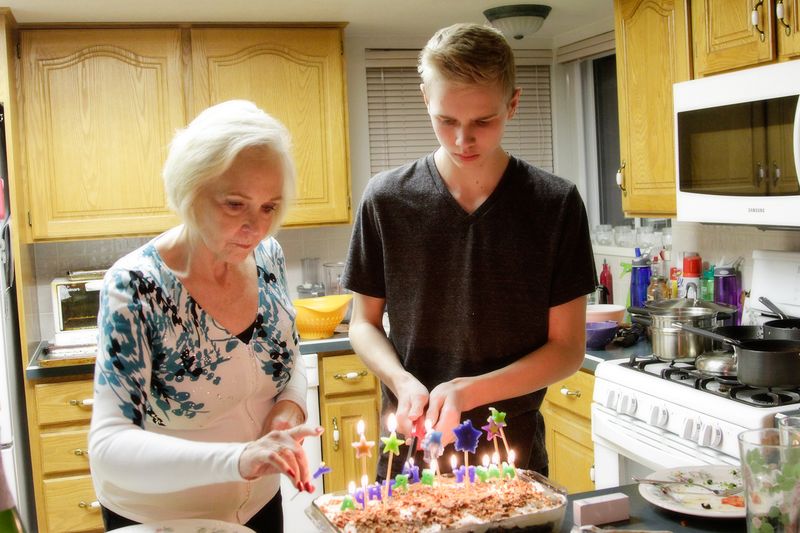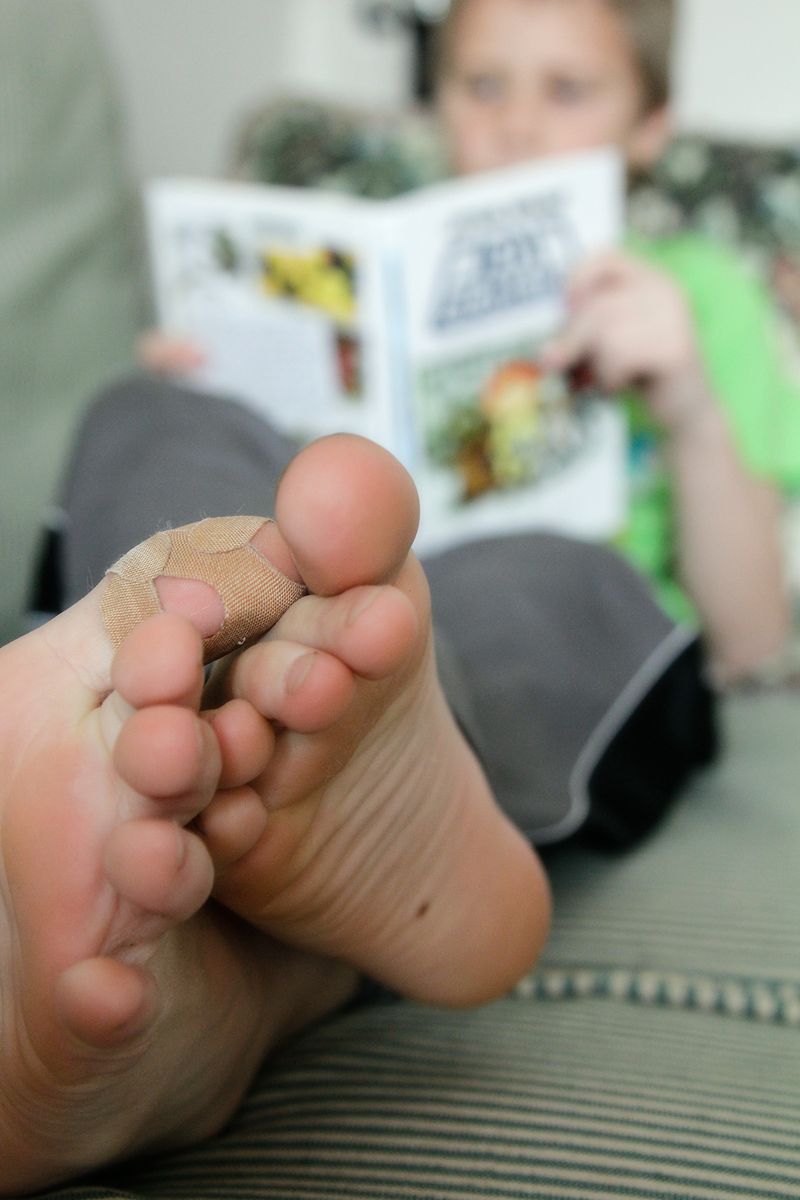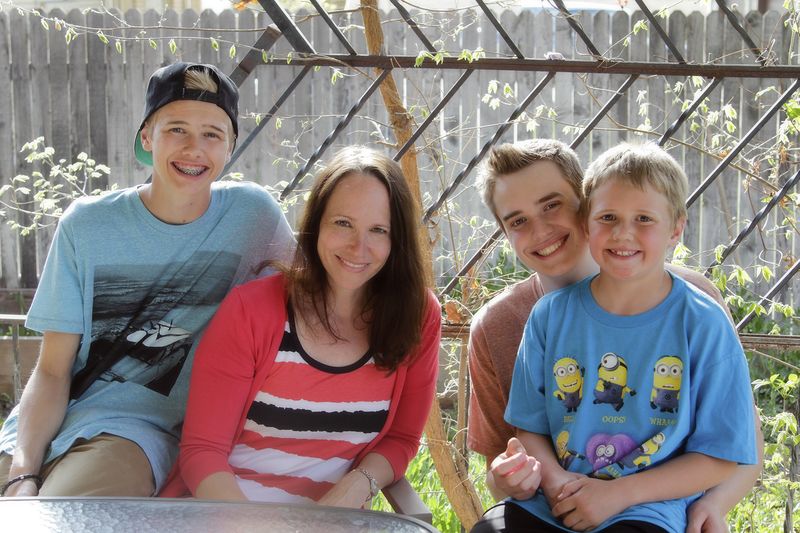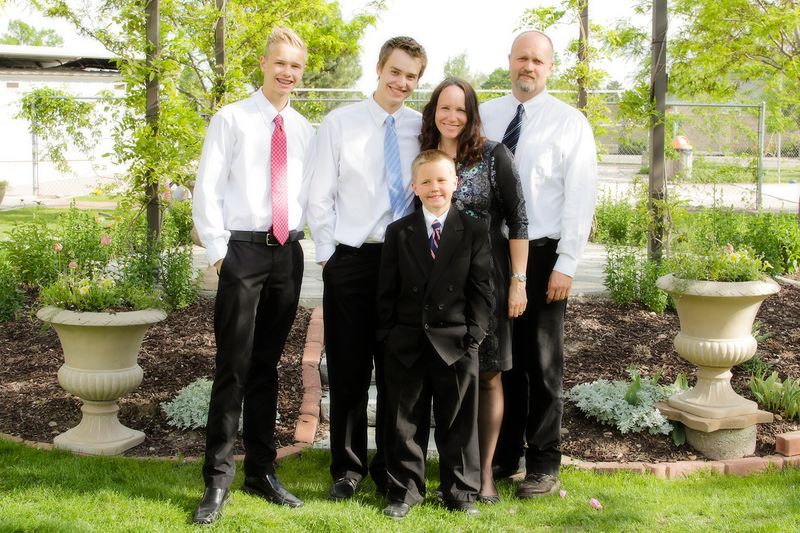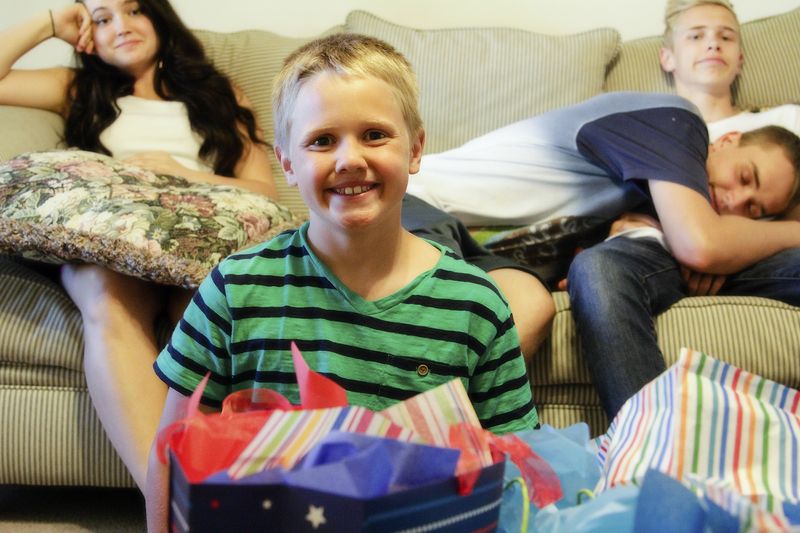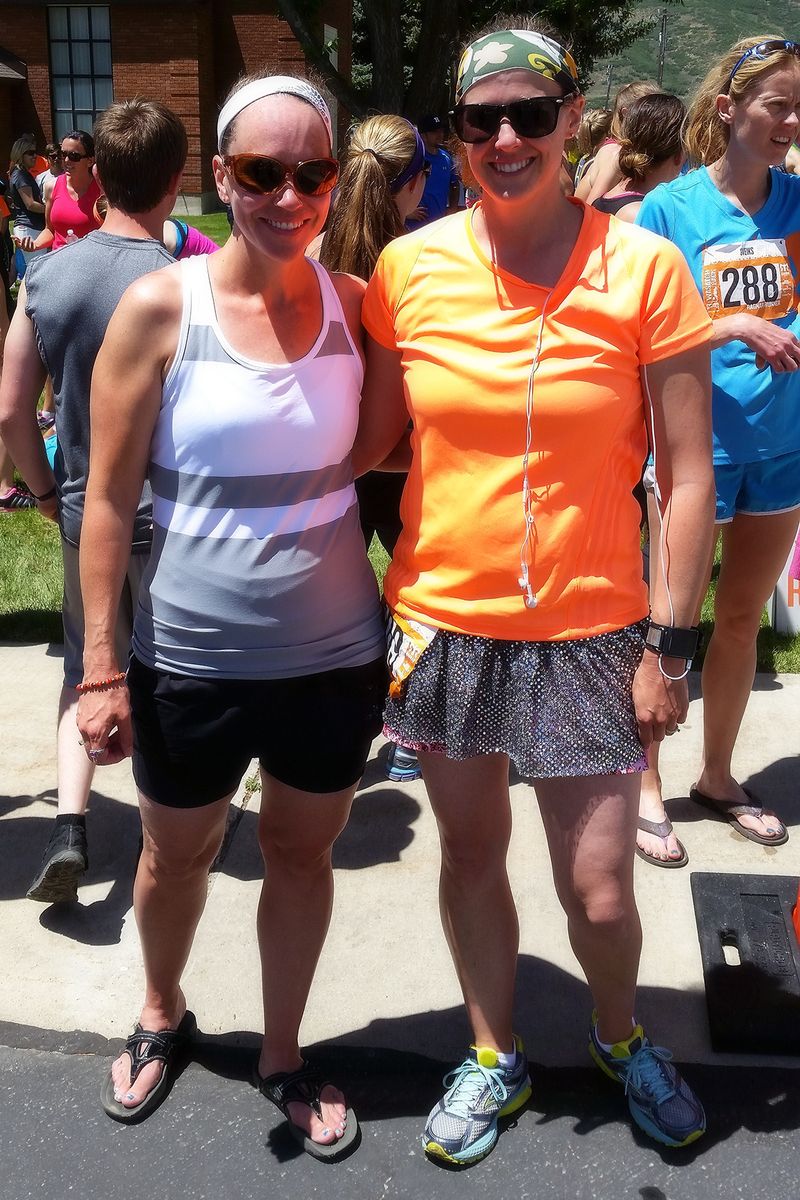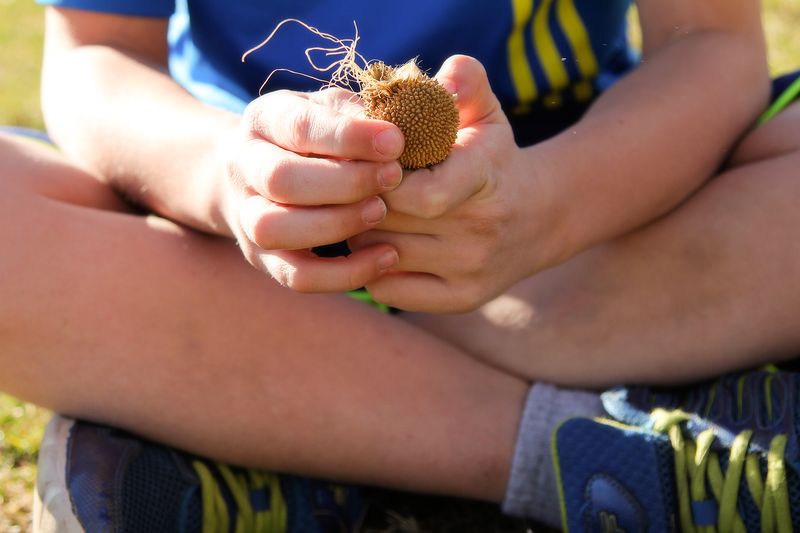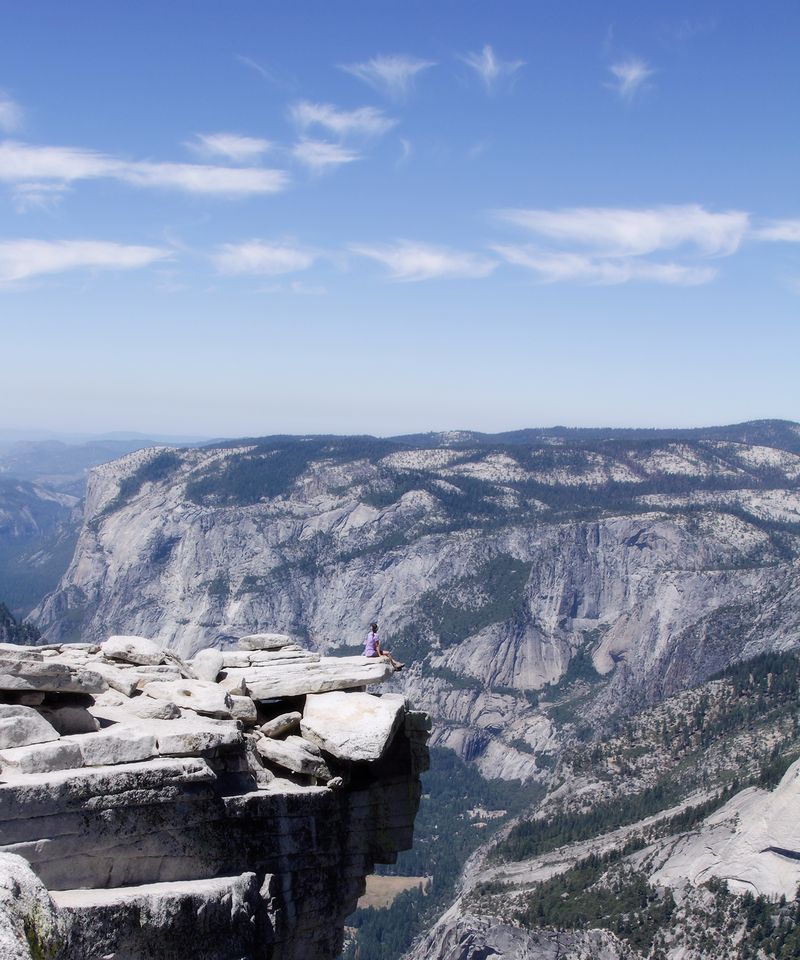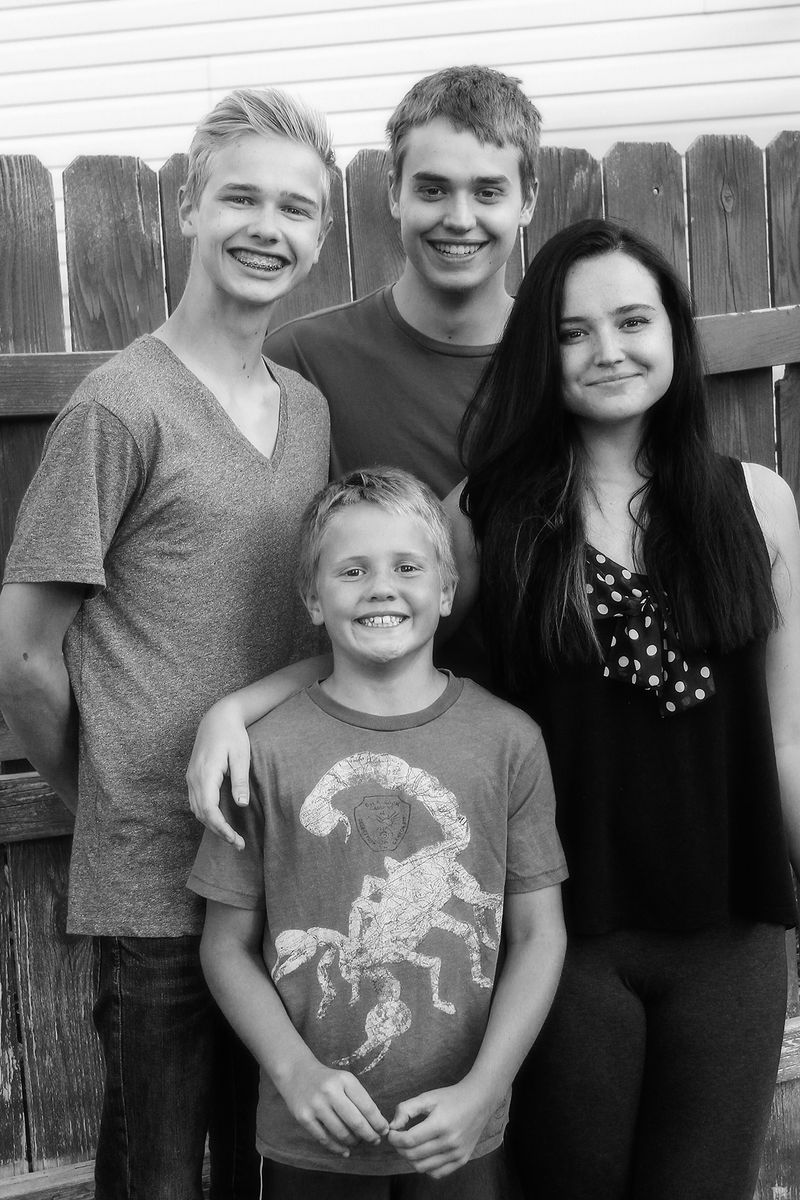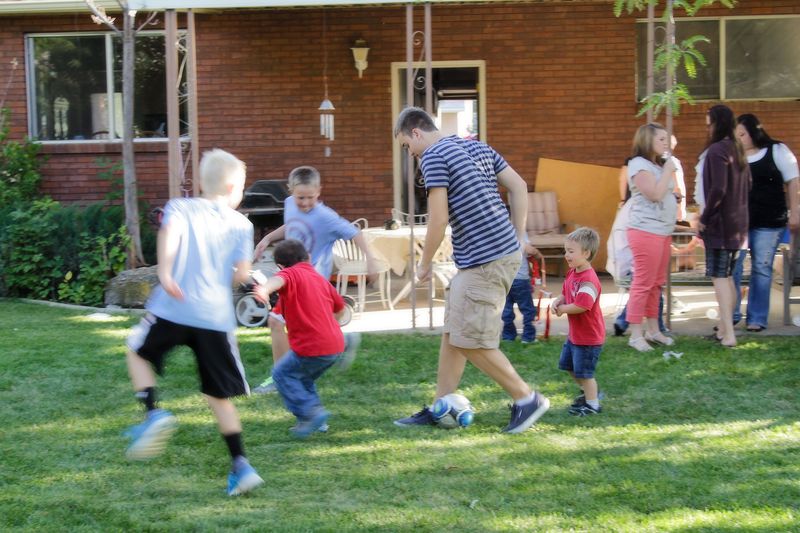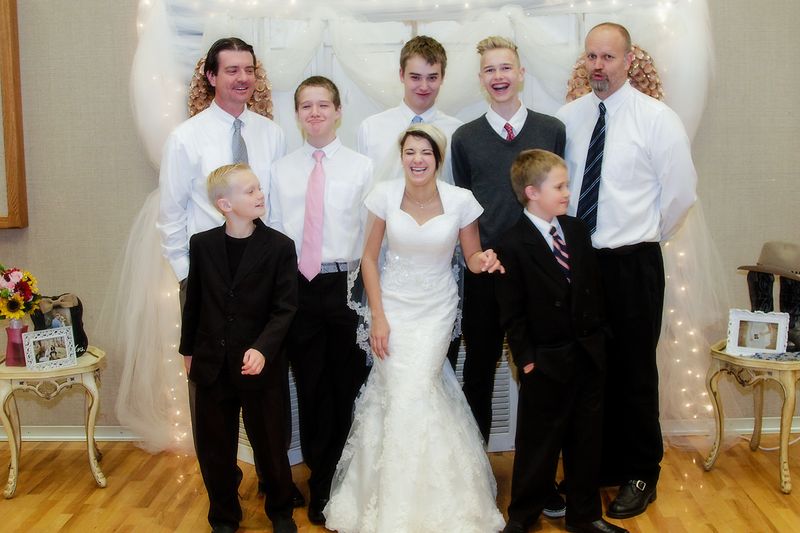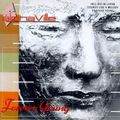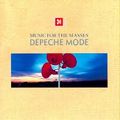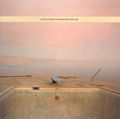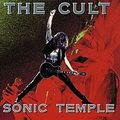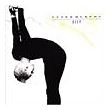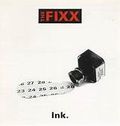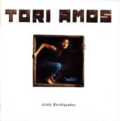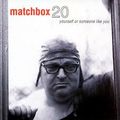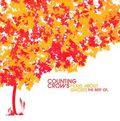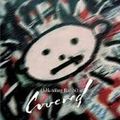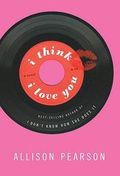True Confessions of a Depeche Mode Fan: When the Stereo was an Altar and the Music the Voice of God
Thursday, August 24, 2017
I wish I had a photograph of myself from those days—black shirt, black mini skirt, my favorite silver-toed black boots and my earrings shaped like snakes and my ankh necklace and my crystal necklace both strung on black suede chokers. My white-blonde hair and that look on my face, a vulnerable snarl that was part smile and part lifted eyebrow.
Me in what my mom called "Amy's black years": before cell phones and digital photography, we didn't take as many pictures anyway, even my parents who took a lot of pictures for the time. But I think she didn't want to capture it on film at all, the crazy, moody mess her used-to-be-normal daughter became. As if taking pictures of me might've encouraged me to continue waving my goth freak flag, as if not photographing me would discourage my efforts and make me want to wear color again (and go to school, and be kind, and stop stomping around angry all the time).
I don't really blame her, even though I do so desperately wish I had a photo or two. How does a parent know what to do with such a daughter, who curses and screams and rebels any way she can, who, when she's not out who-knows-where with her friends (also dressed in black) spent most of her time sitting in front of her stereo, as if the machine were an altar and the music the voice of God?
As if that strange music could do anything but make her feel worse.
There was a lot of Depeche Mode seeping under my bedroom door during my black years.
And yes: my mom told me more than once that if I'd just listen to something cheerier, I'd feel a whole lot better. (Imagine our conversations when I discovered Bauhaus and Sisters of Mercy and Clan of Xymox and all of the other Goth bands I listened to.) What I could never put into words for her was that yes: the music that I loved was dark and gloomy, and I was dark and twisty, but it lifted me, somehow. It gave me a mirror to gaze into, where I could look at myself in my own eye but I could also look back over my shoulder and see others reflected there. Listening to music, I wasn't alone.
Did the dark music make the darkness or did the darkness resonate with the music?
Probably a little bit of both.
But whatever my mother's objections and however cliched it might be, it's one of the defining things about me: I am a Depeche Mode fan. Their music in the 80s and early 90s was a voice for me; it gave me a way to say what I couldn't and to understand what I felt. It's equal parts dramatic and truthful to say that Dave Gahan's voice is the sound of that time, and whenever I hear it I am transported back to those years which were both horrible and ecstatic. They were intensely painful but also intense in every aspect: friendship, affection, love, pain, hunger, the texture of grass on bare feet. I felt everything, as hard and deeply as I could feel.
(Maybe everyone feels that way in adolescence? I don't know.)
It was the way the music itself sounded. And it was the lyrics, too. Some of the lyrics were like ropes to cling to, and others were like little pieces of light that made the darkness bearable.
The Cure, The Cult, Peter Murphy, The Smiths, New Order, the Violent Femmes, David Bowie, Yaz, Siouxie and the Banshees, Nick Cave, Berlin, Erasure, Throwing Muses and dozens of other obscure bands; alternative and punk and synth and new wave and whatever else people called it: it wasn't only Depeche Mode that helped me make sense of that time.
But it was always Depeche Mode.
It was Depeche Mode because the precise mixture of sin, guilt, redemption, and a quest for something spiritual (but not religious) that imbibes their best songs is exactly what I felt caught in. Because they sang about rain and Princess Di and the meaning of love and the meaning of lust. Because Stripped, because Dressed in Black, because But Not Tonight. Because Catching Up with Depeche Mode was the best tape to listen to when I was forced to clean the kitchen. Because Black Celebration was the subtitle of my life. Because whatever he insisted upon, he was trying to be like one of the boys. Because of the summer of 1987 and Music for the Masses, which was the soundtrack for every exquisite, sweet, painful second. Because for many years I thought "Strangelove" was the only real love song, because "I give in to sin because you have to make this life livable" was the only way to make sense of anything that happened.
Because that voice made my jaw hurt and my throat grow a lump and my skin prickle; because of those words. Because of those words.
I'm thinking about Depeche Mode and about that version of myself (when I was sad but passionate and so afraid of people finding out I was strange that I wore the strangeness right out in front of me like a shield but I was never afraid to stand up and do what I wanted, especially when what I wanted wasn't acceptable) because as I'm writing this, Depeche Mode is playing a concert in Salt Lake City.
And I, the person who every one of my high school friends knew loved DM more than just about anything, didn't go.
Partly I didn't go because who would I go with? If I'd made them, my husband would've gone or my sister would've gone. But they would've been going for me, not for the experience. I wanted to go with my best friend from high school, but she was being a responsible parent tonight. She would've gone for the music. I could've looked at her and remembered how we were together before we had to be responsible parents, when we knew what was in each other's closets as well as our own, when sometimes I would wear red, but only her magical red jeans. When we still intimately knew every ache each other had. She could've seen the Amy I used to be like a figure drawn on vellum, right over this older and wiser but less brave and interesting and wild version I've become.
And that's the other reason. Going to a Depeche Mode concert will remind me of how much I have changed. In good ways—I have many mediums, now, for understanding myself and my experiences. Music, yes, but also art and writing and poetry and hiking and running and even opening my mouth to talk, to tell, to speak my story. I understand that pulling the darkness over me like a cloak is a sure way to lose myself in darkness; I know that I don't have to be sad to be good. I know what I need forgiveness for, and redemption, and I am at last learning what I don't have to carry guilt for.
She was reckless, the Amy I used to be. But I think she was also braver. She cared less about what people thought. She was willing to dive in and do anything. And she—I—was passionate and ambitious and certain the world had something waiting. Back then I thought I was exceptional and the world just hadn't noticed yet, and bumping into that old belief with my current, mediocre self might've just been more than I could stand.
(But I still would've gone if Chris could have.)
I do know this. If I had gone, I would've worn something black, especially my black Docs that've been everywhere with me for a decade. I would've bumped into old friends and old boyfriends and none of them would've been surprised to see me there. I would've sung along because I still know all the words, and that voice would've made my teeth hurt and my skin prickle.
And I would've taken pictures so I didn't have to wish for one.
